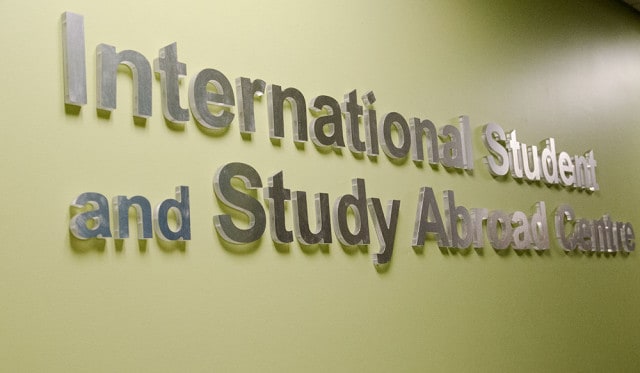
As COVID-19 continues to shape student life, the University of Saskatchewan promises to maintain support for international students.
International students can look to university resources such as the International Student and Study Abroad Centre and Residence Services Office for support. They are working to ensure that all international students have the resources and the information they need during the COVID-19 pandemic.
On May 12, the university announced that Fall Term classes will be mostly delivered remotely. Pirita Mattola, manager of ISAAC, reassures that no matter what direction the U of S takes in its pandemic response, ISAAC will continue to support international students.
“We’re not going anywhere is the key message,” Mattola said. “We’re here and we will continue to be available to international students every day.”
Mattola emphasizes that all previous supports offered to international students such as counselling, drop-in advising, assistance with immigration matters and referrals to other programs remain available remotely via phone call or Zoom.
For students still living in residence, the university acknowledges that residences pose a threat for the spread of COVID-19 due to the close proximity that students live in, says Manager of Student Life Sarah Sotvedt. However, the university’s apartment-style residences remain open in order to accommodate international and domestic students who cannot safely travel back home due to COVID-19.
“We also recognize that many of our students, and our international students in particular, may not have somewhere else to go,” Sotvedt said. “So we decided to keep our residences open, which is not the case for all schools in Canada.”
Because ISAAC has had to cancel all social events in order to stop the spread of the virus, Mattola said that they have transitioned their social events online. Residence management has also moved their programs and activities to remote delivery.
“[We] recognize that we’re all wanting to still interact with others and it’s very important for international students particularly because they may have limited support networks in Canada,” Mattola said. “So [we are] making sure that there are opportunities for students to come together and hang out with others, even if it is remotely right now.”
The university is also offering international students emergency financial aid regardless of their residency status as some may not qualify for financial aid coming from the federal government. Mattola emphasizes that the university does not differentiate between domestic and international students in providing this aid.
As the situation continues to develop, Mattola hopes that ISAAC can be a way for international students to stay in touch. She recognizes that the pandemic can be especially isolating for international students and hopes that all students stay safe.
“Just understand that this is a really difficult and challenging time for many students and international students,” Mattola said. “It can be an isolating time period but we’ll get through it and I look forward to seeing everyone once we’re on the other side of all of this.”
—
Wardah Anwar | News Editor
Photo: Jordan Dumba
Leave a Reply